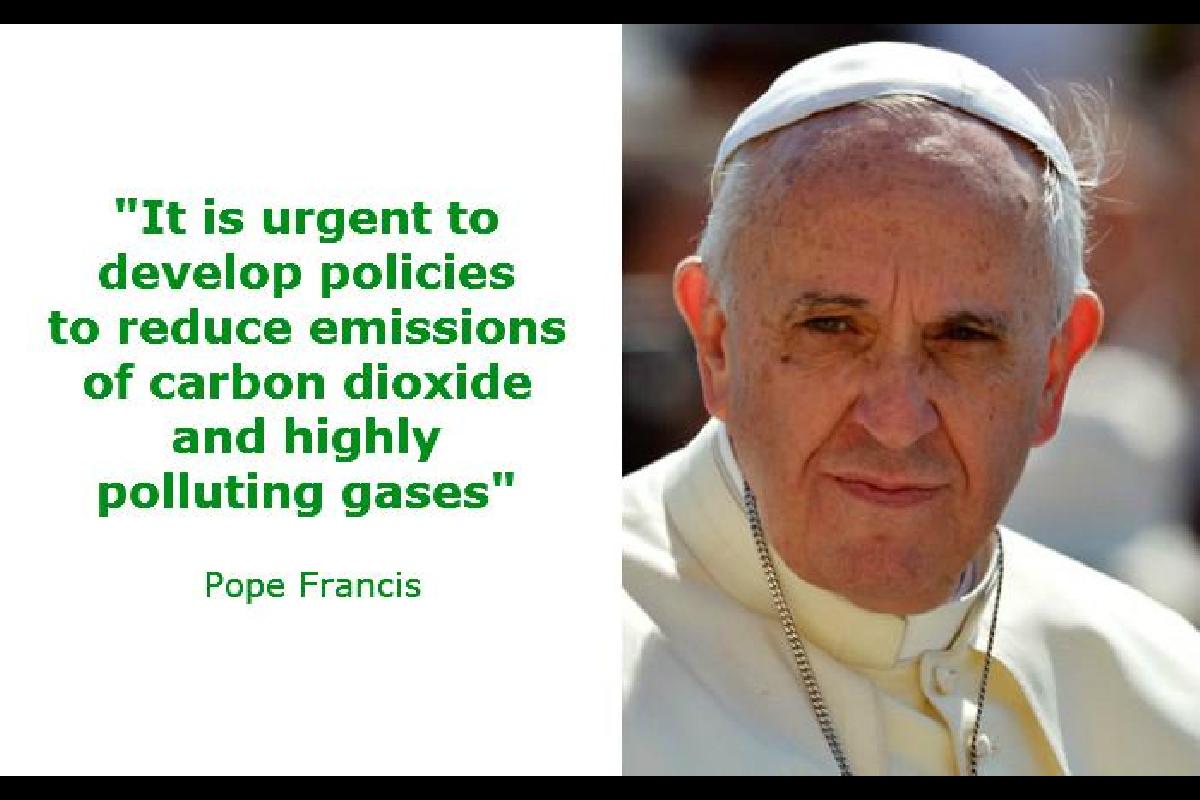Waste segregation and management, recycling, renewable energy use, rainwater harvesting, water and energy efficient appliances, sewage treatment and reuse, native trees and gardens, local and seasonal food, public transport and carpooling, avoiding single-use items – by now most of us are familiar with what we need to do to reduce our carbon footprint and tread lightly on the earth. Enough experts, correct information and pathways for schools to become carbon neutral are available.
Rather, what we need, as Pope Francis tells us, is an ecological conversion that enables us to move past our mental barriers and limitations and live harmoniously while renewing and healing the world, both as individuals and as a community. Without this ecological conversion, we risk not doing enough to avert a planetary crisis – at present our collective global actions to avert catastrophic climate change in this century are inadequate; and commitments and pledges to reduce emissions must be actualised to really make a difference in the global warming trajectory.
What better place to achieve, undergo and demonstrate ecological conversion than our schools? Schools are the loci for transformation, where students understand values, relationships, rights and duties just as much as they learn concepts and subjects. Many of our schools already unearth and impart ecological values, and the possibilities are endless: a Maths class doubles as a lesson on economic inequalities and why we have to share, language classes deepen appreciation for the natural world, history shows how important adequate resources are for a stable civilisation, and so on.
In a carbon neutral school, these ecological values are brought to life right from the crucial formative years. A student who routinely disposes waste in segregated bins and gleefully observes compost forming in the campus will earnestly replicate the set-up in society. Children who routinely switch off appliances when not in use and learn under natural lights and well-ventilated spaces are healthier, more tolerant to weather changes and less likely to utilise electricity-guzzling air conditioners. Those who ride the school van or bus or cycle together with friends to school are more likely to adapt to public transport and campaign for bicycle spaces in the city. Children who play under trees are keenly aware of the loss of birdsong in sterilised apartments, and are motivated to act against biodiversity loss. Students who are constantly encouraged to find alternatives to paper, plastic and polystyrene for school projects are getting trained in lateral thinking and for exercising their creativity in solving ecological challenges as adults. Ecological practices become the norm, as it ought to be.
As adults, we are guilty of 'stealing' from our children through disproportionate resource use, leaving the next generation an increasingly unequal, chaotic and disordered future. By undergoing and imparting ecological conversion, we begin to restore right relationships with God, each other and nature.
We may find it difficult to bring about a change because of the challenges brought about by the COVID-19 pandemic, but not committing to renewing the earth is tantamount to condemning our children to abject misery as adults who will spend their lives in a constant struggle for food, water, and shelter from climate disasters. The world is much larger than our present suffering, selfishness, greed, pettiness and short-sightedness. Through ecological conversion brought about in our carbon-neutral schools, may we not let our children fall to these fallacies.
Bishop Allwyn D’Silva
Bishop In-charge of the Archdiocesan Office for Environment
Auxiliary Bishop of Bombay
